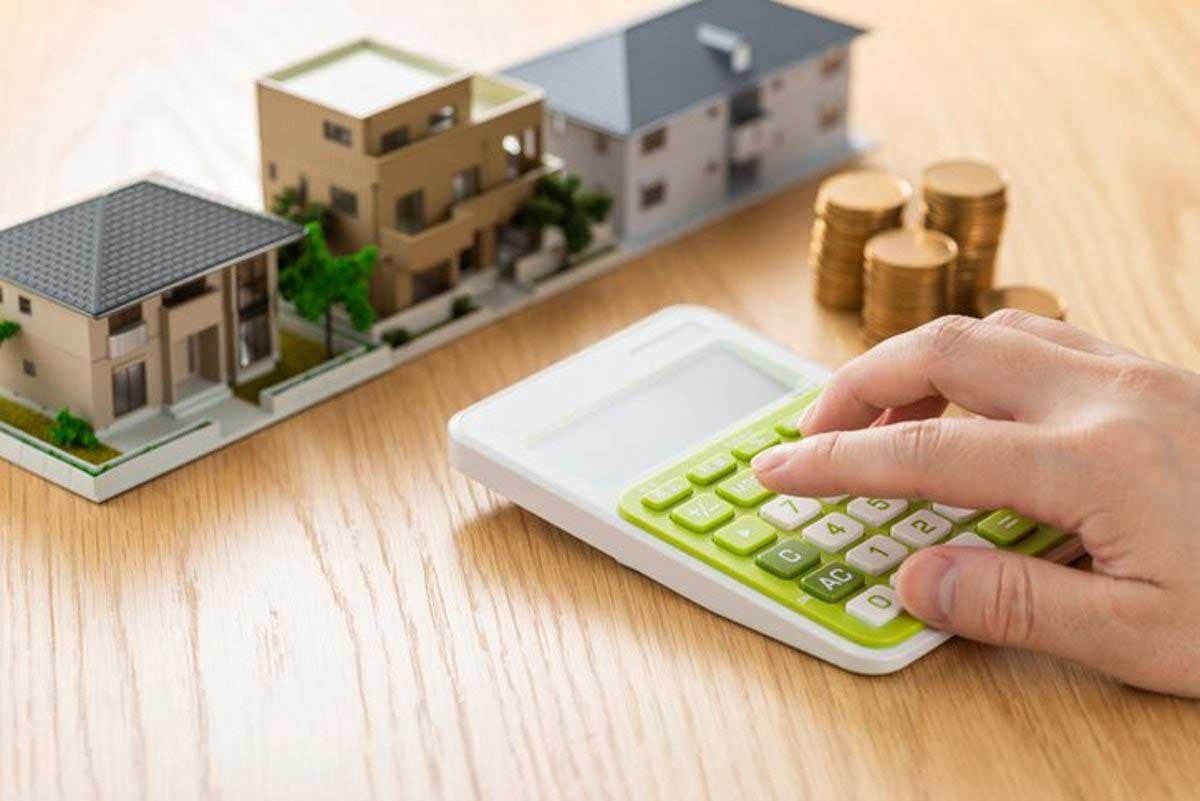Buying a home is on almost everyone’s lifetime checklist. It’s long been considered a sign that you’re a successful adult. But this is possibly the largest financial investment you’ll ever make, and it shouldn’t be rushed.
While you’re preparing your lifestyle to adjust to being a new homeowner, the first thing to focus on is your FICO credit score. When you have a strong credit rating, you’re able to get a mortgage loan with better terms.
The lower your interest rate, the less your monthly payment is going to be. Even better, you can pay your loan off faster because more of your payment will go to the principal instead of the interest.
With so many financial benefits to a good credit score, waiting until yours is good or excellent is a smart move. To strengthen your FICO score and get your new home sooner, use these five tips.

1. Get Familiar With a FICO Score
The best way to learn how to fix your credit score is to start by understanding exactly what it is. You can look at the numbers go up and down, but if you don’t know what they mean, it’s hard to know what needs work.
Your FICO score is a mix of a few factors that are supposed to tell potential lenders your overall financial stability. A good score means you’re a low risk and lenders are more likely to let you borrow money. A low score means you’ve made some poor decisions in the past, but it’s possible to build your credit back up.
What Does Your Credit Score Look Like?
A FICO score works like this:
- Your payment history makes up 35% of your score. Paying your bills on time every month at the minimum payment or more will keep this part of your score healthy.
- Credit utilization, defined as how much credit you have compared to how much you’re using, is 30% of your score. To boost your credit rating, try to keep a low balance on your credit cards or pay them off every month.
- The length of your credit history isn’t something you can change, but it does make up 15% of your score. If you have proven over the past few years that you’re consistently paying your bills on time, your score is higher.
- Having different kinds of debt is 10% of your score. Credit bureaus like to see that you are financially able to handle a mix of car loans, credit cards, and other debts and that you pay them on time.
- The final 10% of your score is new credit. A new line of credit can be a hit to your rating for up to one year. If you know you’re about to apply for a mortgage, don’t take out any new loans for at least three months.
While you can’t do anything about the length of your credit history right now, the rest of the factors can be tackled.
2. Analyze Your Credit Report
Armed with the knowledge of what your score is made of, you should now request a copy of your entire credit report. All three credit bureaus may have different information.
Be sure to get your report from Equifax, Transunion, and Experian. Federal law allows you access to one report per year for free. The legal site authorized to give you all three reports in one place is Annual Credit Report.
If you see anything you don’t recognize on any of your reports, file a dispute with the credit bureau. Otherwise, follow the next steps to work on paying off your debt and increasing your credit score.
3. Pay Off Recent Debt First
A lot of your score consists of your current debt. Anything outstanding on your credit report has already done its damage. You can pay it off, but your first priority should be your existing and recent debt.
There are multiple strategies that financial experts suggest you use to tackle your current debt and knock it out fast.
One strategy that finance guru Dave Ramsey recommends is the snowball debt method. With this approach, you would list your debts from smallest to greatest and start paying off the smallest bills first. When those are gone, you take what you were applying to those and hit the next smallest until all your debt is paid.
He also suggests cutting back your spending and getting real with a budget. Use couponing, learn how to grow your own produce, and get a second or third job until your debt is gone.
4. Tackle Outstanding Debt
What’s already on your credit report has done damage to your score, but it isn’t completely a loss. Start with a call to the creditor directly to ask for payment options that will take care of your debt.
If your score is already low, ask for a settlement offer. Lenders will sometimes accept less than you owe just to get something from a bad debt. However, this shows up on your credit score that you paid less than you owed. It can negatively affect good scores.
Otherwise, make a payment arrangement if they’ll let you or pay off the debt entirely if you can. These good-faith attempts will boost your score before you buy your house.
5. Don’t Make New Debt
While you’re in the consistent process of paying off your debt and increasing your credit score, avoid taking on any new debt if possible.
A new car, going back to school, and anything you can’t pay cash for should wait until after you buy your house. Emergencies like health issues can’t be helped, but anything else can wait.
If you want to buy something and you have the cash in hand, you should still pause. Ask yourself if what you want to buy is more important than paying off your bills and getting your house. Every little bit can go toward raising your score instead!
Conclusion
Is buying your dream home on your horizon? If so, then you should start preparing now, not tomorrow. With these tips, you will strengthen your credit score and be living financially sound in your new home in no time!














Comments